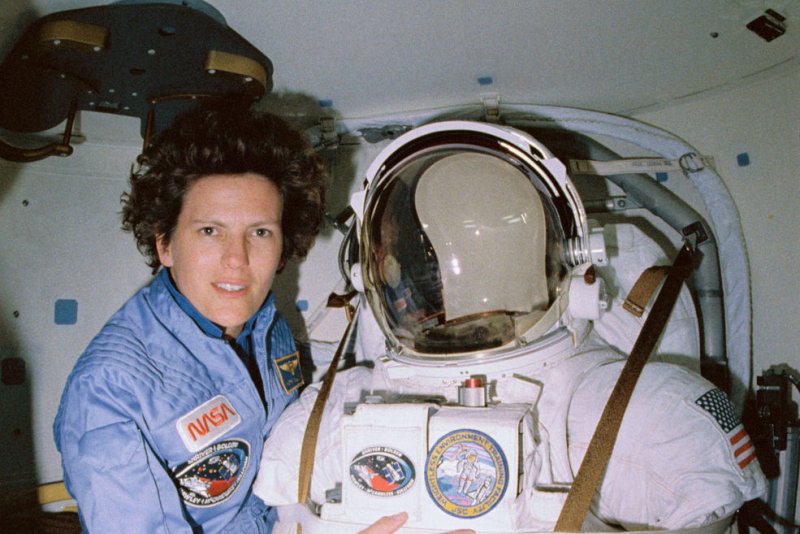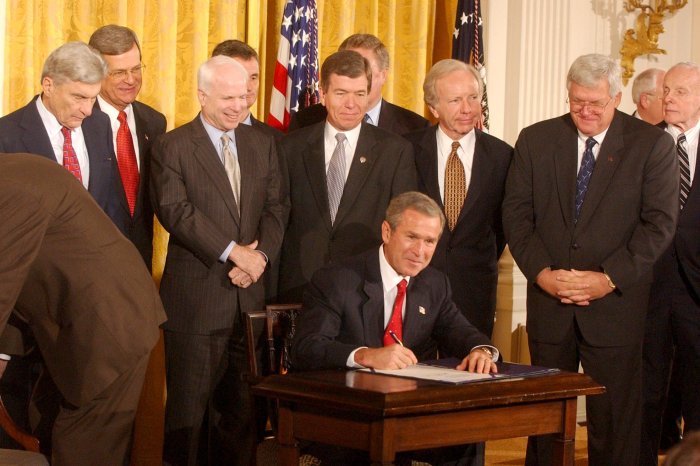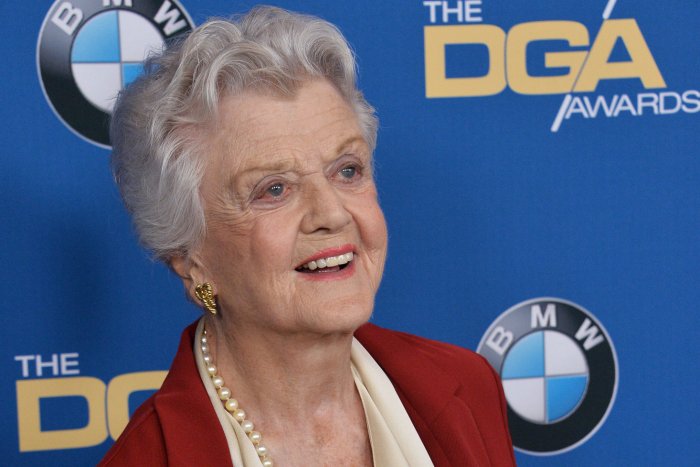Oct. 11 (UPI) — On this date in history:
In 1811, the first steam-powered ferry in the world, the Juliana, started its run between New York City and Hoboken, N.J.

Oct. 11 (UPI) — On this date in history:
In 1811, the first steam-powered ferry in the world, the Juliana, started its run between New York City and Hoboken, N.J.
In 1868, Thomas Alva Edison filed papers for his first invention: an electrical vote recorder to rapidly tabulate floor votes in the U.S. Congress. Edison’s device was issued U.S. Patent 90,646 on June 1, 1869. Members of Congress rejected the apparatus and it was never utilized.
In 1906, the San Francisco Board of Education banned Japanese-American students from attending public schools, ordering that instead they were to be taught in racially segregated schools. A compromise was reached in February 1907, allowing the students back into the schools with the Japanese government accepting new immigration restrictions for its citizens wishing to travel to the United States.
In 1910, President Theodore Roosevelt became the first U.S. president to take flight in an airplane. Piloted by Arch Hoxsey, Roosevelt would stay aloft for 4 minutes in a Wright brothers-built plane at Kinloch Field in St. Louis, Mo.
In 1947, the United States agreed to the United Nations Partition Plan of Palestine, which recommended the creation of independent Arab and Jewish States with the city of Jerusalem placed under direct trusteeship of the United Nations. The resolution was adopted by the General Assembly on Nov. 29, 1947, though a civil war, which would last nearly six months, erupted the next day between Arabs and Jews, resulting in the partition plan failing to be implemented.

File Photo by Stephen Shaver/UPI
In 1950, the Federal Communications Commission gave CBS the first license to broadcast color television.
In 1975, Saturday Night Live premiered on NBC with George Carlin as host and musicians Janis Ian and Billy Preston on the bill.
In 1984, Kathryn Sullivan, flying into orbit aboard the space shuttle Challenger, became the first American woman to walk in space.
In 1986, President Ronald Reagan and Soviet leader Mikhail Gorbachev met in Reykjavik, Iceland, to discuss arms control and human rights. While the talks collapsed at the last minute, work would continue, resulting in the 1987 Intermediate-Range Nuclear Forces Treaty between the two nations.
In 2000, Congress redesigned Cuyahoga Valley National Recreation Area as a national park, making it the first national recreation area to receive the upgrade in the United States.
In 2002, Congress gave U.S. President George W. Bush its backing for using military force against Iraq.

Surrounded by members of Congress, President George W. Bush signs the congressional resolution authorizing U.S. use of force against Iraq if needed, during a ceremony in the East Room of the White House on October 16, 2002. File Photo by Chris Corder/UPI
In 2008, the U.S. State Department removed North Korea from its list of state sponsors of terrorism. In return, North Korea agreed to give international inspectors access to its nuclear facilities and to continue disabling its plutonium processing project.
In 2013, the Organization for the Prohibition of Chemical Weapons won the Nobel Peace Prize. The United Nations-backed OPCW, which has headquarters in The Hague, Netherlands, was overseeing the destruction of Syria’s chemical weapons stockpile at the time it won the prize.
In 2022, British TV, film and stage legend Angela Lansbury, whose career spanned nearly 80 years, died at age 96.

File Photo by Jim Ruymen/UPI